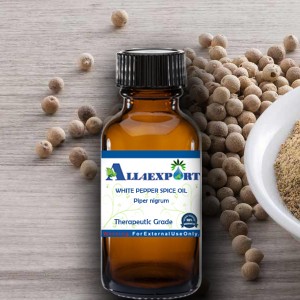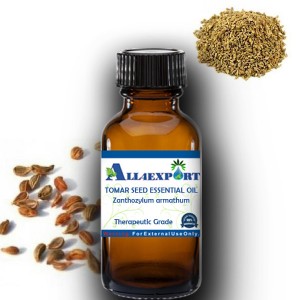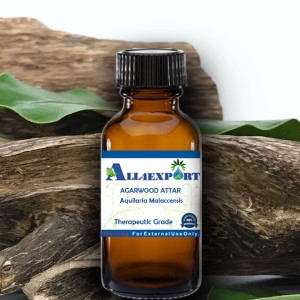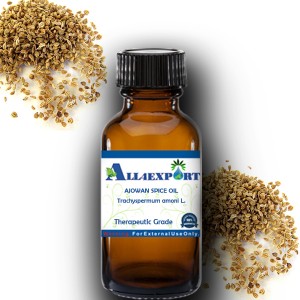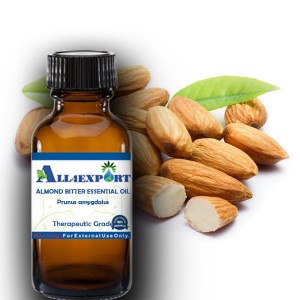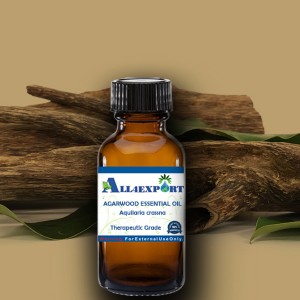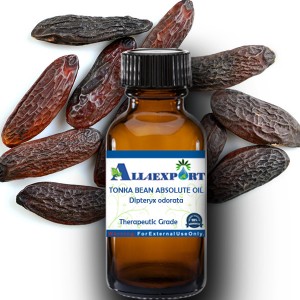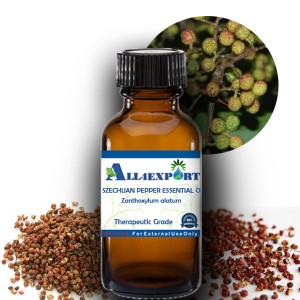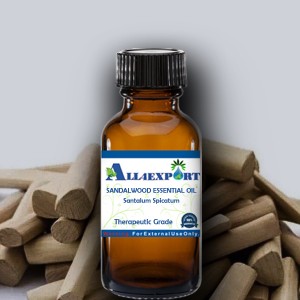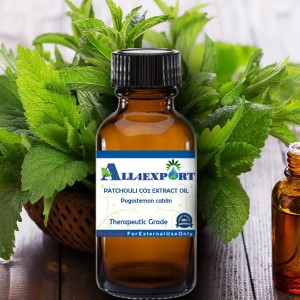MUSTARD ESSENTIAL OIL
MUSTARD ESSENTIAL OIL | |||||||||||||||||||||||||||||||||
| |||||||||||||||||||||||||||||||||
Description : Mustard Oil is a versatile oil which is prepared from the Mustard Seeds. It is used for both medicinal and cooking purpose. Mustard Oil also lends itself well to infusion with other herbs and spices, making it to produce a number of oils that are ideal for cooking and for medicinal use. Mustard Oil is both aromatic and soothing to skin. | |||||||||||||||||||||||||||||||||
| Constituents : Allyl isothiocynate which constitutes more than 90% of the oil, Oleic acid, Linoleic acid and Erucic acid. | |||||||||||||||||||||||||||||||||
| How to use : It is never safe to use pure mustard oil in cooking or to take it as a dietary supplement. It is best to avoid eating or drinking it. Mustard oil is available as an essential oil. The safest method of using it is to dilute it in a carrier oil. | |||||||||||||||||||||||||||||||||
Benefit :
| |||||||||||||||||||||||||||||||||
Caution Note: Mustard essential oil should not be inhaled. If inhaled, it can create problems in the occidental areas as well as inflammation in the eye’s conjunctiva. Its inflammation can also be witnessed in the respiratory and mucus membrane. Due to its strong concentration, don’ t use it directly on skin, because it can irritate it. You should dilute it. Before use, consult your qualified aromatherapy practitioner. For external use only. Do not swallow or inhale it. It can’t be diluted in water. Avoid it during pregnancy and lactation. Avoid it during kidney problems or high blood pressure. Avoid it if susceptible to epilepsy. Keep it away from children. Not to be used on children. Always first test a small amount of essential oil for sensitivity or allergic reaction. Do not use Mustard essential oil with homeopathic remedies. Keep it in a dark glass bottle with a dropper. |








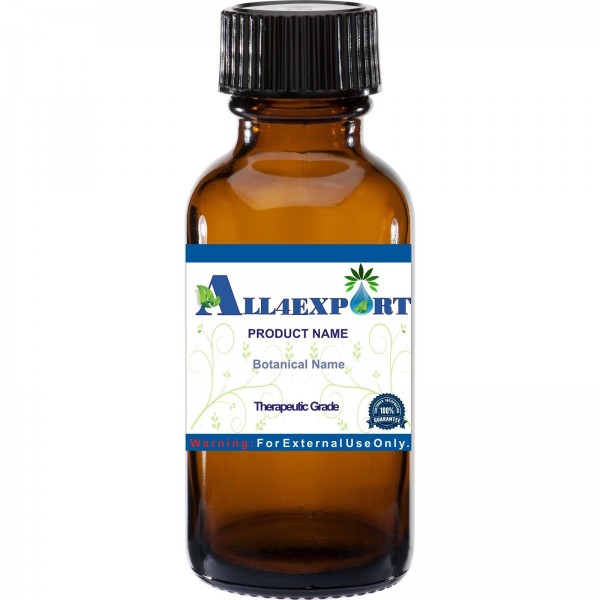
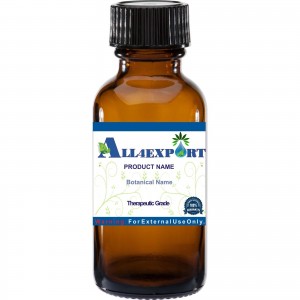
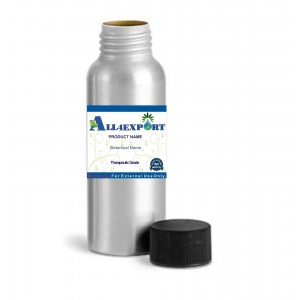
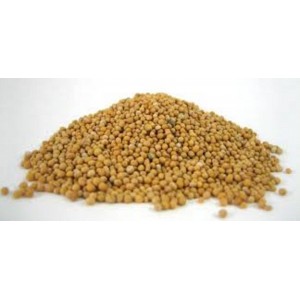
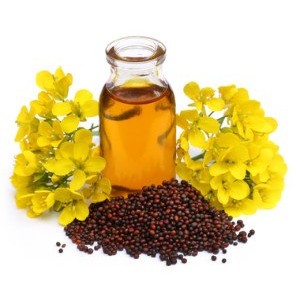
%20ESSENTIAL%20OIL/ASAFOETIDA-HEENG_ESSENTIAL_OIL-300x300.jpg)
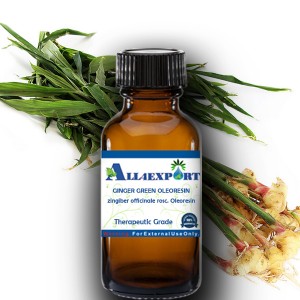
/GREEN_CHILI_OLEORESIN(6_6CAPSAICIN)-300x300.jpg)
